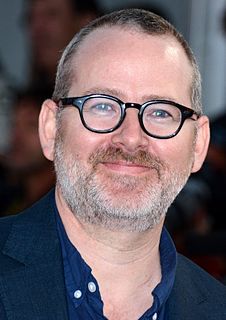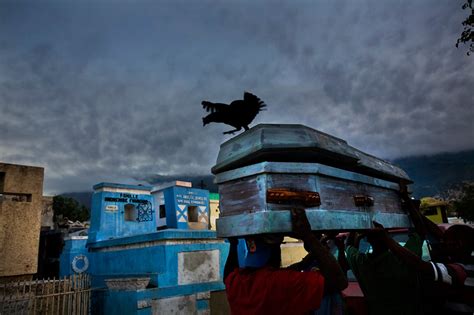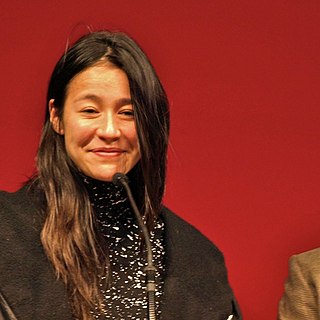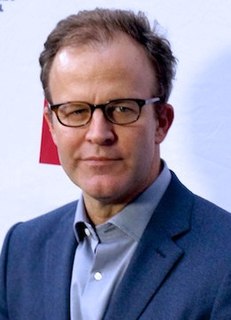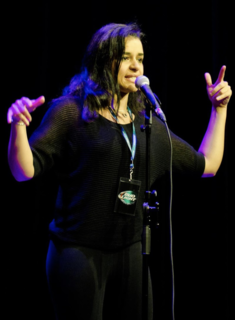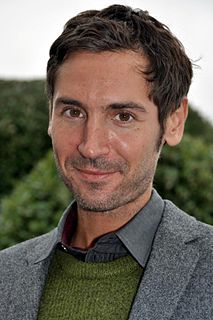A Quote by Morgan Neville
Docs, in general, are made in the edit bay, archival docs even more so.
Related Quotes
I think people were very skeptical always when they said, "Oh docs, they don't work. When you make depressing docs that don't have 'save this or save that,' they just can't do well." I fought very hard to say, "No. This is important. I think people care and I think it's interesting." I hope people go see it.
Docs are more exhausting because of the physical labor that's required. Feature filmmaking is more exhausting because of politics and the bullshit. You get to the point of rolling film and until you lock picture it's one political game after another. They're both struggles for survival. They are two different worlds.
